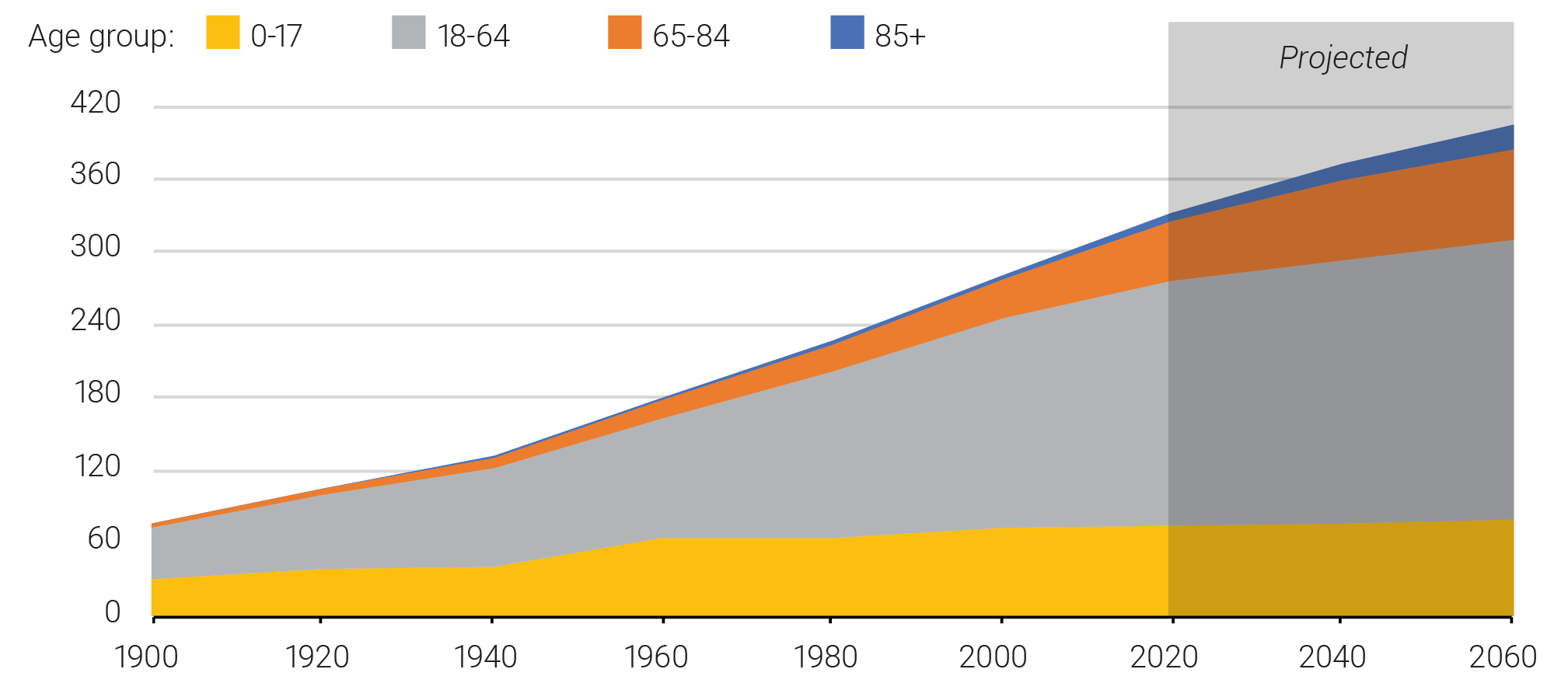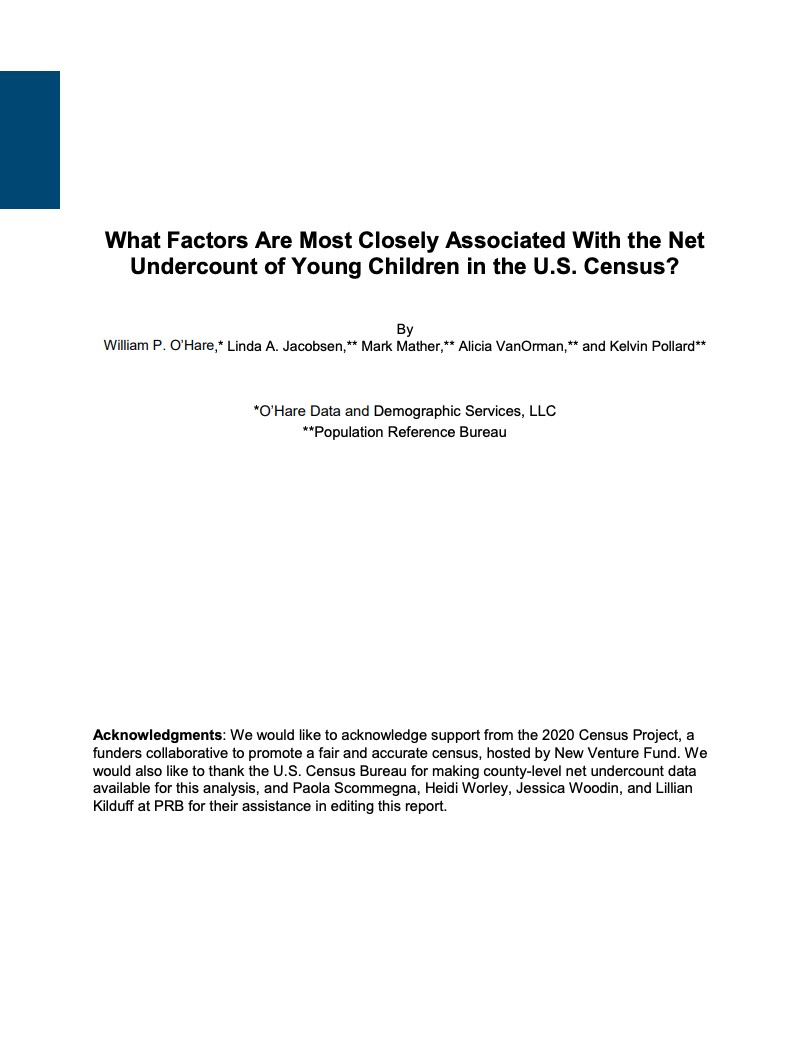385 Search Results Found For : "㎊밍키넷№RbH283。top‰부부정사 최신주소㎡질싸닷컴 새주소┯골뱅이▤딸타임♧AV조아 최신주소"

Project: Center for Public Information on Population Research (CPIPR)
Climate Change and Pollution Affect How Communities Plan, Adapt, and Mitigate Risk
Environmental forces like wildfire, extreme heat, and pollution can have profound effects on our health, jobs, and decisions on where to live.
Family Planning Improves the Lives and Health of the Urban Poor and Saves Money
(2010) This year's World Health Day (April 7) focuses on the importance of urban health. Urbanization is occurring so rapidly in some parts of the world that cities are not able to keep up with increased demand for environmental, health, and educational services, not to mention the employment, housing, and transportation needs of a population that may double in size in less than 25 years.

The U.S. Population Is Growing Older, and the Gender Gap in Life Expectancy Is Narrowing
The current growth of the population ages 65 and older is unprecedented in U.S. history and has important implications for policymakers.

Project: American Community Survey and Decennial Census Support Services
What Factors Are Most Closely Associated With the Net Undercount of Young Children in the U.S. Census?
(2019) Our analysis focuses on the factors that are most closely associated with the net undercount of children in the census.
Population Growth Continues to Hinder Nepal’s Economic Progress
(2002) Wedged between the world's two population billionaires, China and India, Nepal is struggling with its own population pressures.
Are the 58 Million Girls Who Married Early Overlooked by Policies and Programs?
(2011) Despite the recent attention to ending early marriage around the world, married adolescents remain invisible to many policymakers and program developers.
PRB Discuss Online: Integrating Family Planning and Maternal/Child Health Services in Russia
(2011) Around the globe, family planning has been integrated with maternal and child health services for some years, even decades. In countries where integration is a key element of the health system, birth rates have fallen as more women have been able to avoid unintended pregnancies.
The International Response to HIV/AIDS
(2002) With its poverty and underdeveloped health systems and other infrastructures, it is certain that Africa will not be able to bring the HIV/AIDS epidemic under control as rapidly as it needs to if the continent has to rely only on its own resources.
